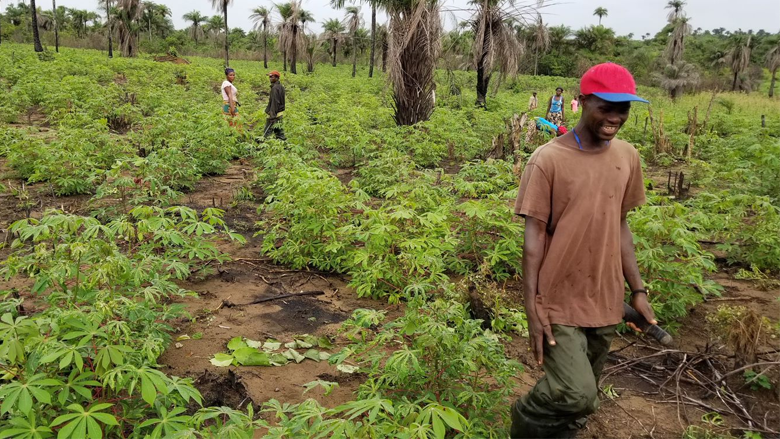Africa-Press – Liberia. The Liberian economy is struggling to recover from more than a decade of civil war. The Ebola crises, and now the global COVID-19 pandemic, have further impeded these efforts. Generating employment for the large population of young people in Liberia—over 70 percent of the population is below the age of 35—is critical to ensuring economic recovery and stability.
A collaboration between IDA and the Swedish International Development Cooperation Agency is empowering poor and vulnerable youth to improve their income-generating potential. The Youth Opportunities Project (YOP) provides life, agriculture, and business skills training. As many young people in Liberia lack basic numeracy, literacy, and life skills, this training is vital to the country’s economic recovery.
“Before joining YOP, I did not have any skills in doing business, but now I can manage a business and I can create income for myself and my family,” explains Ninietta Mulbah, a 29-year-old woman who has benefitted from the program and now manages a tailoring business.
The project has reached nearly 15,000 beneficiaries aged 15–35 years, 50 percent of whom are women. As a result of the communal farming initiative, more than 5,000 hectares of land across all 15 counties in Liberia have been cultivated with various food crops. Nearly 3,000 young people in urban areas have benefited from business skills training and startup grants. And more than 600 youths have completed apprenticeships in various trades with local businesses and master trainers. A youth farming group in rural Lofa County that benefitted from the YOP has been successful in its agriculture efforts, enabling it provide solar electrification for their small village.
One member and young mother, Fatumata Bility, says she feels proud to be part of a group that worked hard to bring such development to her community. The solar power project provides electricity to 64 homes in the village, streetlights, and power for the village meeting hall that is being used as a night school for women and entertainment center for the entire village.
To mitigate the impact of future shocks on the youth population, the project also supported the development of a safety net system. The creation of management information, electronic registration, and payment systems have allowed cash transfers to reach Ebola-affected households and the extremely poor throughout the country. It is a safety net that is serving the most vulnerable well as the country faces yet another public health crisis with the COVID-19 pandemic.






